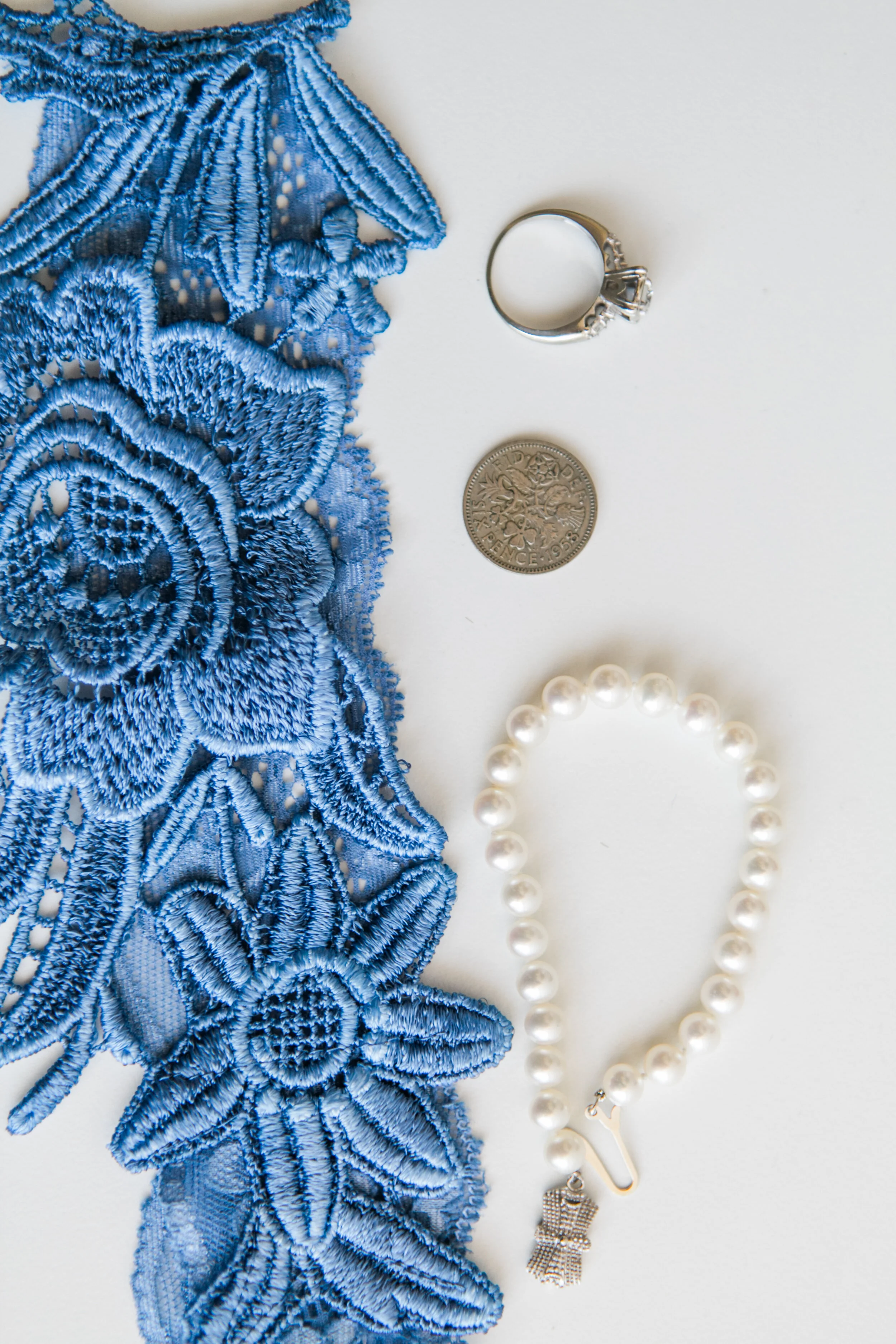Wedding Traditions
If you are planning your wedding, you may have heard your mom say, “Well, you have to do it this way because that’s tradition.” But where the heck do these traditions come from? Who decided that’s how things are done? Well, grab some popcorn and a glass of wine because we’ve compiled a list of the most popular wedding traditions and superstitions and why they have become so traditional.
Did you know…
The fourth finger on the left hand is your “ring finger” because people thought a vein in the finger led directly to your heart.
In 1840, Queen Victoria started the trend of the white wedding dress - before her, brides just wore their best dress.
Bridesmaids should have matching dresses for good luck. We know unique dresses are becoming more popular, but in Roman times, people believed that evil spirits would attend the wedding to put a curse on the bride and groom. So, bridesmaids wore matching dresses to confuse evil spirits. Similarly, brides wore veils to protect her from evil spirits.
“Something old, something new, something borrowed, something blue.”
Old - continuity
New - optimism for the futureBorrowed - borrowed happiness
Blue - purity, love, and fidelity
The wedding cake was a tradition from Rome when guests broke a loaf of bread over the bride’s head for fertility.
June weddings are considered the heart of wedding season because the Roman God Juno rules over marriage and childbirth.
Wednesdays are actually considered to be the “best day” to marry. While Saturdays are the most popular date, they are considered the unluckiest wedding day.
The bride stands to the groom’s left during a Christian ceremony because, during ancient days, the groom needed his right hand to be free to draw his sword and fight off other suitors.
The list could go on and on. But many brides have these traditions planned without even realizing the backstory to why they are traditional. How many of these traditions are planned for your wedding? Did you know they were traditional because of evil spirits, luck, and fertility?
We often wonder what wedding traditions will look like in the future. Will these be part of an old folktale, or will brides continue to follow them?

